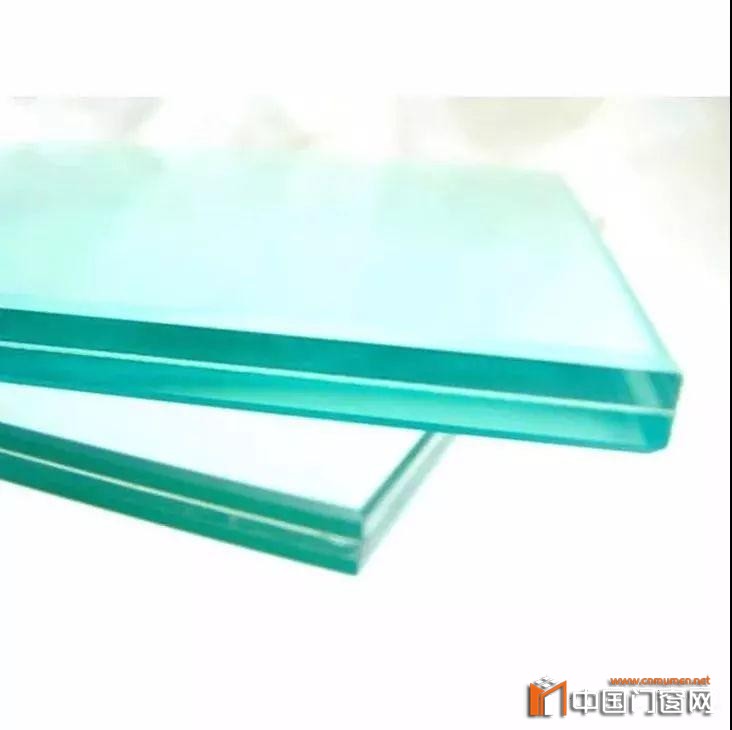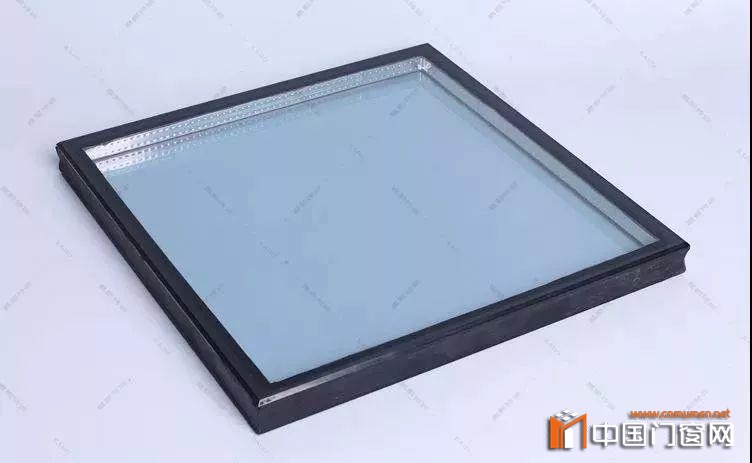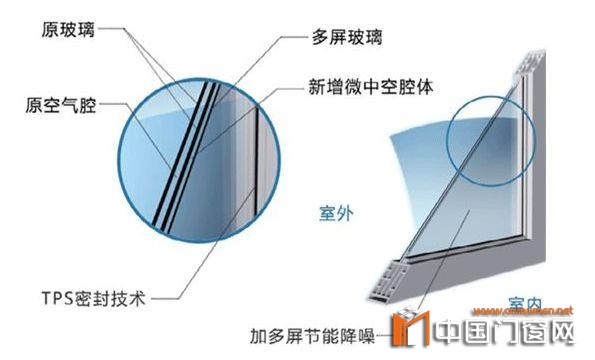Many owners often ask the same question, why do I change the hollow glass in my home or do I not keep sound insulation?
Here, the editor tells you: to know why insulating glass cannot effectively sound insulation, you need to know the common sense of two noises. There are two kinds of noise: one is low frequency noise and the other is high frequency noise. The rumbling thunder, the sound of trucks passing through the road and the roar of large machines belong to low frequency noise, while chainsaws, tweeters and so on belong to high frequency noise.
Knowing these two kinds of noise, we should use "medicine" to solve different noises with different glasses.

Laminated glass has obvious barrier effect on low intermediate frequency noise

insulating Glass has obvious barrier effect on medium and high frequency noise

therefore, different noise sources have different window glass configurations: If you live near a busy main road, then laminated glass is better than hollow glass; If there is a stainless steel burglar mesh processing shop downstairs, the sound of chainsaws keeps ringing every day, so hollow glass is better than laminated glass; If there are high and low frequency noise sources next to your home, you are not bad for money, then choose the combination of hollow laminated glass. At present, one of the most popular sound insulation glass in the market is the combination of multi-screen glass hollow. The sound insulation effect is very ideal. You might as well try it.
Of course, don't forget that the windows are not soundproof, not only related to glass, but also related to the thickness and sealing of door & window profile.
Source: doors and windows Express




